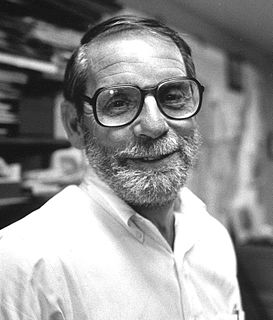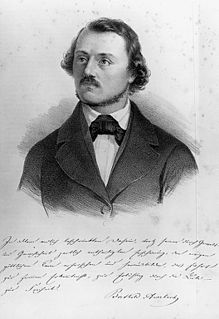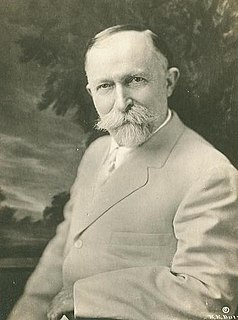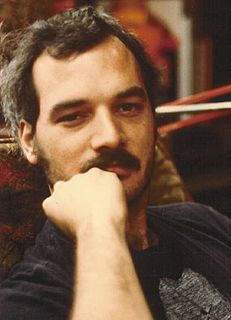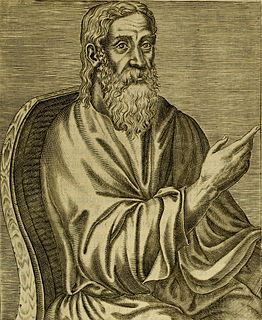A Quote by William Cullen Bryant
The birch-bark canoe of the savage seems to me one of the most beautiful and perfect things of the kind constructed by human art.
Quote Topics
Related Quotes
What's that?" "It looks like something from Linus... It is! He sent me a little birch-bark canoe from camp! He said he made it himself... Sometimes I think I don't deserve a nice brother like Linus..." "I have often thought the same thing." "Dear Linus, please send me another canoe. The first one broke when I threw it at Charlie Brown.
In a true you-and-I relationship, we are present mindfully, nonintrusively, the way we are present with things in nature.We do not tell a birch tree it should be more like an elm. We face it with no agenda, only an appreciation that becomes participation: 'I love looking at this birch' becomes 'I am this birch' and then 'I and this birch are opening to a mystery that transcends and holds us both.
The Pekes and the Pollicles, everyone knows, Are proud and implacable, passionate foes; It is always the same, wherever one goes. And the Pugs and the Poms, although most people say that they do not like fighting, will often display Every symptom of wanting to join in the fray. And they Bark bark bark bark bark bark Until you can hear them all over the park.
Travel by canoe is not a necessity, and will nevermore be the most efficient way to get from one region to another, or even from one lake to another anywhere. A canoe trip has become simply a rite of oneness with certain terrain, a diversion off the field, an art performed not because it is a necessity but because there is value in the art itself.
What of miniature boats constructed of birch bark and fallen leaves, launched onto cold water clear as air? How many fleets were pushed out toward the middles of ponds or sent down autumn brooks, holding treasures of acorns, or black feathers, or a puzzled mantis? Let those grassy crafts be listed alongside the iron hulls that cleave the sea, for they are all improvisations built from the daydreams of men, and all will perish, whether from the ocean siege or October breeze.
All the inventions and devices ever constructed by the human hand or conceived by the human mind, no matter how delicate, how intricate and complicated, are simple, childish toys compared with that most marvelously wrought mechanism, the human body. Its parts are far more delicate, and their mutual adjustments infinitely more accurate, than are those of the most perfect chronometer ever made.
The most perfect philosophy of the natural kind only staves off our ignorance a little longer: as perhaps the most perfect philosophy of the moral or metaphysical kind serves only to discover larger portions of it. Thus the observation of human blindness and weakness is the result of all philosophy, and meets us at every turn, in spite of our endeavours to elude or avoid it.





